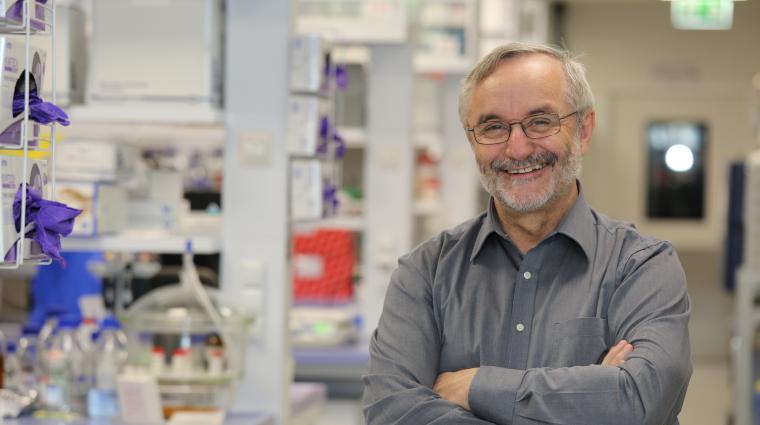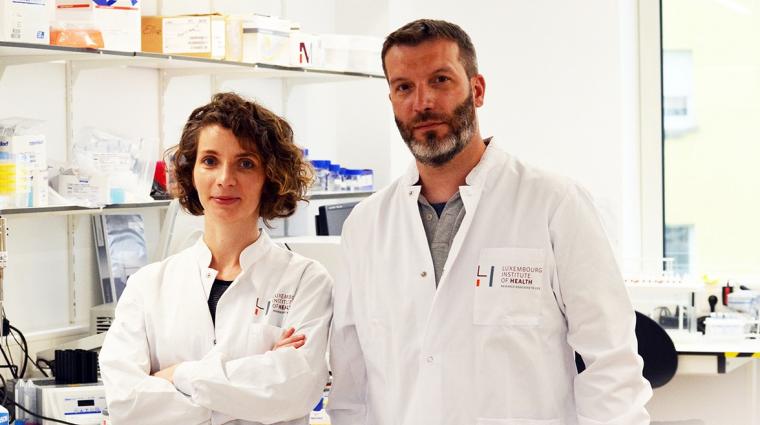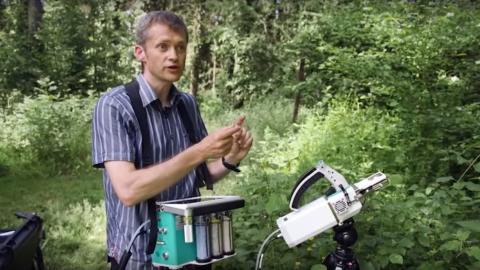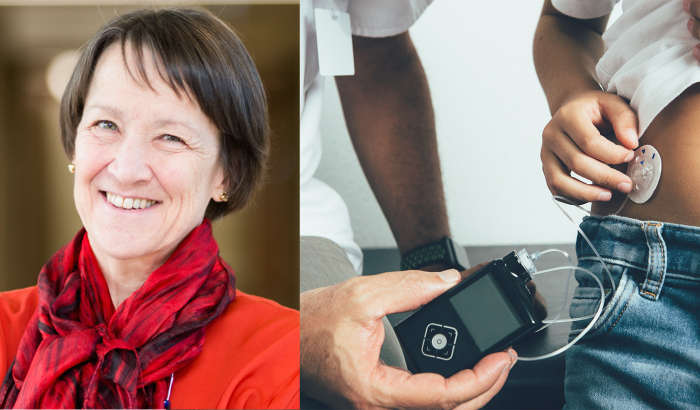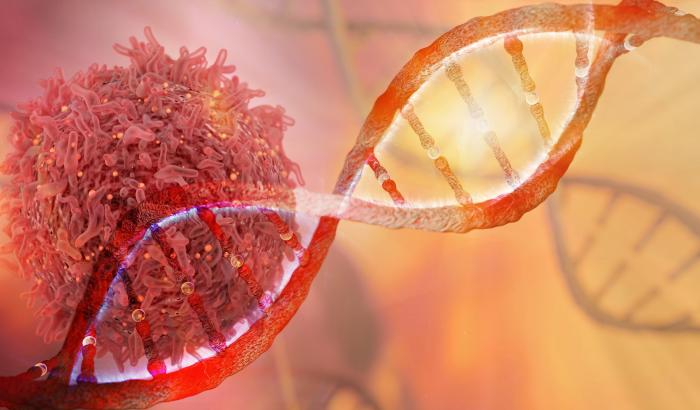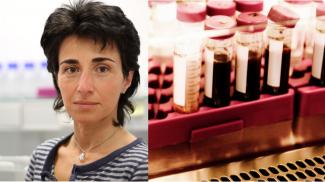
IBBL
Fay Betsou, Chief Scientific Officer IBBL (Integrated BioBank of Luxembourg)
Biologist Fay Betsou on pitfalls in archiving and analyzing biological samples – and the right way to do it.
Fay, you work as Chief Scientific Officer for the Integrated Biobank of Luxembourg. What is a biobank and what does it do?
It’s an infrastructure to support research - in our case biomedical research. In such a bank, biological samples, such as blood, urine or tissues, are stored and kept available for scientists to carry out their research on them.
But haven’t researchers always archived their samples for later use?
Yes, biobanks have been in existence for centuries! However, is becomes more and more clear that these need to be professional, i.e. having a dedicated and certified infrastructure. Because the quality of the samples is critical for reliable research. In some studies, researchers are comparing samples from patients and control samples, which have not been processed in exactly the same way. This may result in finding differences which are not due to the clinical properties and studies which are not reproducible. Biobanks help in avoiding such mistakes.
How do you do this?
We document everything from the moment of collection, through the transport and processing of the samples and we store them at ultra-low temperatures (-80°C or even -196°C), so that the characteristics are kept as close as possible to the living state. Also, we study the behavior of the biospecimens, when they are subjected to different preanalytical conditions. Because between the moment of collection – be it from the liver, be it a urine sample or a tissue sample – and the moment you stabilize it (freeze or put it into chemical stabilizer), many things are changing. It’s all about the quality which needs to be retained. Because in an analysis, garbage in is garbage out.
To what preanalytical conditions do you for instance have to pay attention?
For instance time: We might for instance find that a delay of more than three hours between collection and stabilization has an impact on the one or other measurement. Or when we extract DNA from a sample: What type of tube are we using? What substance do we use to stabilize the sample? All this needs to be found out in order to make sure that we and the future users of the samples are applying the methods in the right way and to validate these.
So in the end you can provide the perfect methodological protocol…?
Not exactly. It depends on what type of research the biological samples are later on used for. There can be many correct methods, the important thing is that each method is verified by other biobanks or research actors. In some cases, it’s better to have specimens available that have been prepared with different methods.
Can you give an example?
Imagine a new diagnostic biomarker for a certain disease is developed. A biomarker is an indicator that can be measured in a biological sample, like high blood sugar for diabetes for example. We will need to have samples that have been prepared differently to verify that the biomarker is robust and working on these different samples. If everybody uses the same method, then we would not be able to find out if the biomarker is working as a diagnostic tool.
With regard to research right on biospecimens, you are organizing a symposium in Luxemburg on 27th and 28th of February 2018…
Yes. And I am looking very much forward to it; because it’s the first time as conference specifically on biospecimen research is taking place in Europe. The results of the symposium will later be presented in the larger context of the annual meeting of the International Society for Biological and Environmental Repositories in Toronto this year – a great opportunity for our research to get worldwide attention.
Author: Tim Haarmann
Photo: Fay Betsou
Infobox
Dr. Fay Betsou is a molecular biologist, associate professor at the University of Luxembourg and Chief Scientific Officer at the Integrated Biobank of Luxembourg. Her specialization is on molecular diagnostics, disease-oriented biobanking and biospecimen research. Between 2013 and 2014 she was president of the International Society for Biological and Environmental Repositories. More information: www.ibbl.lu and www.biobank.lu.

